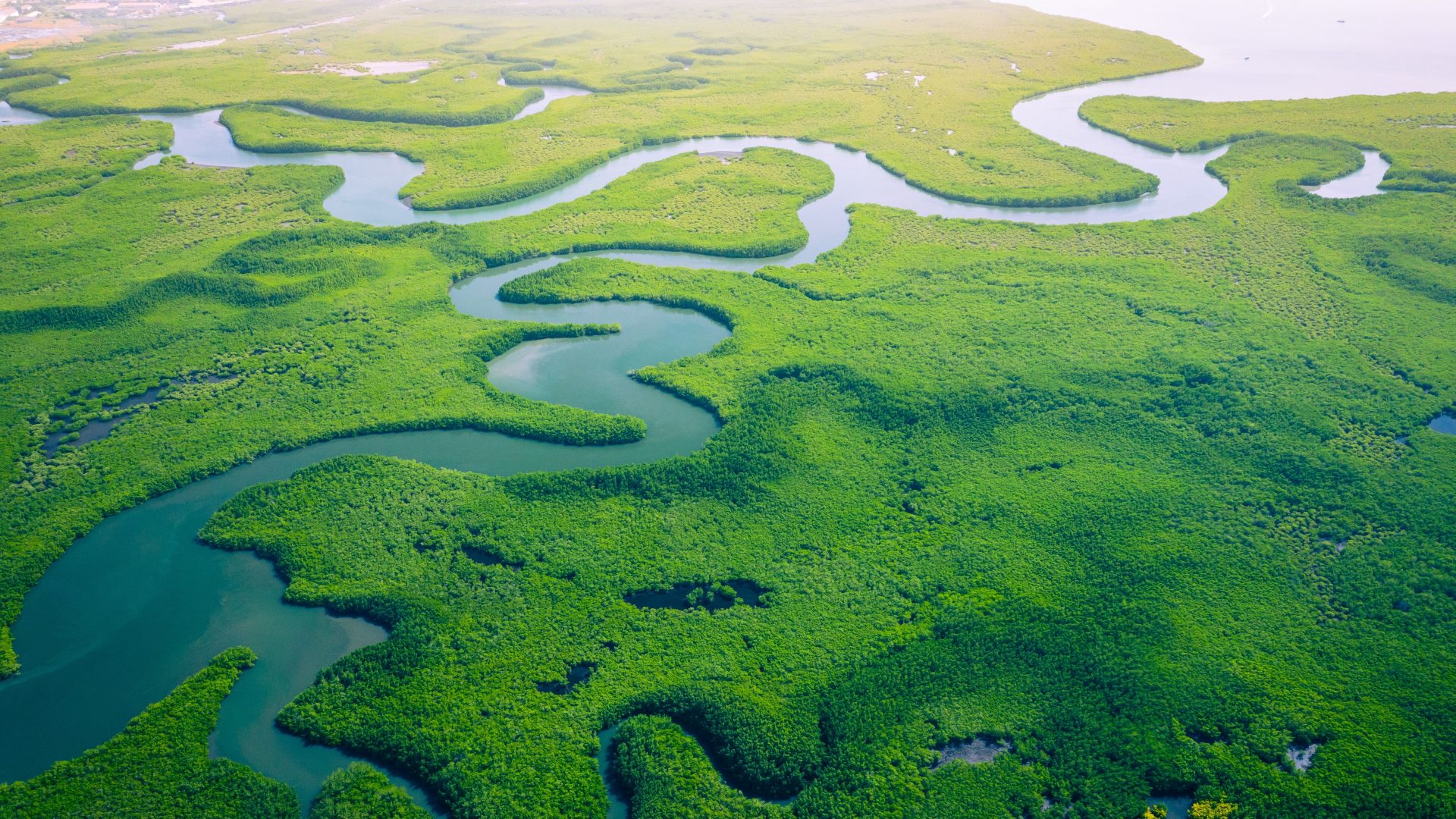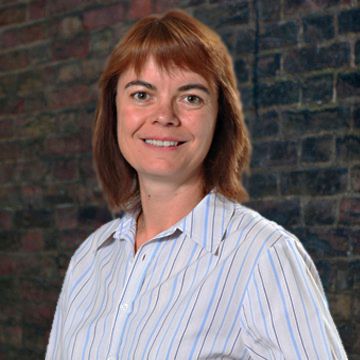A world first scheme from innovation consultancy Isle – called the Trial Reservoir (TR) – aims to save the equivalent of 30,000 people’s worth of carbon emissions per year by driving water innovation. Isle’s head of the Trial Reservoir Dr Jo Burgess provides an exclusive look at the first tranche of trials in this bold initiative.
The climate crisis is one of the biggest challenges of our time and requires urgent, global attention. So how can the water sector respond to these challenges and act more boldly to meet these urgent challenges head on?
The water sector itself is a major contributor of greenhouse gas emissions worldwide and it stands to reason more needs to be done to help the sector invest in, and accelerate the adoption of, technologies which can help the water sector achieve carbon neutrality.
The sector is also traditionally very risk-averse, which often results in slow uptake of mitigation technologies. Meanwhile innovations undergo trials without implementation due to diverse barriers including cost.
This is where Isle’s Trial Reservoir comes in – by providing technology companies with risk-free access to trial loan funding. Launched in November 2021, it is evergreen, as the repaid loans are recycled into further trials.
An exclusive look at the first three trials demonstrates the scope and aims of the Trial Reservoir project, whether in developing nations or closer to home in the UK.
Gambia:
eWATER’s treatment, supply and e-wallet billing and metering system provides poor consumers in Wellingaraba with potable water 24/7 using solar power and gravity.
It uses pre-payment SmartTags to enable SmartTaps that dispense water and deduct credit. Local technicians maintain the system and local shops sell credit. Each SmartTap dispenses 1000l/d and each litre saves 3.03kg CO₂ equivalent in reduced fossil fuel use.
This trial supplies 500 previously unserved consumers and eliminates the use of paraffin and charcoal for boiling water at home.
Spain:
iVAPPS’s reusable combined inline sensors and isolation valves for supply networks, which are being trialled on the island of Mallorca, can be repaired, replaced, upgraded and recalibrated under full line pressure, avoiding costly and disruptive shut-offs.
The cartridges self-generate energy from flow, considerably reducing the operational carbon footprint compared to similar systems. Their carbon cost of fabrication is lower than competing technologies, and when they eventually become irreparable they are recyclable.
UK:
Orege’s Seamer, which is being trialled in Yorkshire, delivers sludge at higher thicknesses than traditional equipment, but the sludge is still pumpable and with high quality filtrate.
The volumes of sludge transported are often reduced by more than two-thirds, reducing carbon footprint and expenditure on haulage. Seamer requires minimal engineering and construction outlay, lowering the carbon footprint of construction and capital expenditure too.
What makes the Trial Reservoir unique is that it provides the trial funding – enabling end-users to adopt technology with minimal financial risk, while simultaneously guiding and supporting trials from start to finish and ensuring best scientific practice is adopted. The loan must only be repaid if the trial is a success.
Access to loans depends on a trial and purchase agreement between the technology vendor and the user that describes the trial’s key performance indicators (KPIs) and critical success factors (CSFs) and the post-trial purchase if the trial meets its KPIs. This enables end-user implementation with minimal financial risk and forces the cultural barriers to implementation to be addressed.
Its objectives are to:
- Accelerate the industry towards net zero carbon by supporting 10+ trials per year through to implementation
- Deploy £1m per year in trials
- Achieve a success rate of six out of 10 trials and 70% by amount invested,
- Reduce pilot-to-implementation time by 80%
- Alleviate 120,000 tonnes (30,000 people’s worth) of carbon per year.
The Trial Reservoir is supported by 10 international partners, including engineering, procurement & construction (EPC) companies, investors, and utilities. It brings together end-users, start-ups, non-profits – helping overcome the barrier of who pays for trials and clearly defining the path and processes to implementation.
The parameters for ‘success’ are bespoke to each trial and agreed by the vendor and end-user before the trial begins. The trials’ CSFs are whatever would trigger purchase by the user, including cost, ease of use, reliability and technical performance.
Before each trial, Isle’s team works with end-user and vendor to identify a suitable trial location and format. Isle undertakes due diligence of the technology, vendor and user, and administers legal documentation and loan payments.
Working with end-user and vendor they design a robust, credible trial. At the end of the trial, Isle disseminate positive news in collaboration with vendor and end-user to more than 1,700 industry professionals in over 100 countries via Isle’s World Water Innovation Forum, Water Action Platform, and Utility CEO Forum.
The Trial Reservoir has enormous, universal potential globally to increase and accelerate uptake of clean technologies. By adopting this model the industry can be catapulted to where it needs to be in the race against catastrophic climate change.
The positive impacts could reach far beyond climate change mitigation: the Trial Reservoir model of money, plus technical validation plus immediate implementation could easily be applied to other problems, such as water quality.
As this model becomes more common it will lead to a seismic shift in the industry’s attitude towards technology trials making it more forward-thinking, more responsive, and more effective overall.




